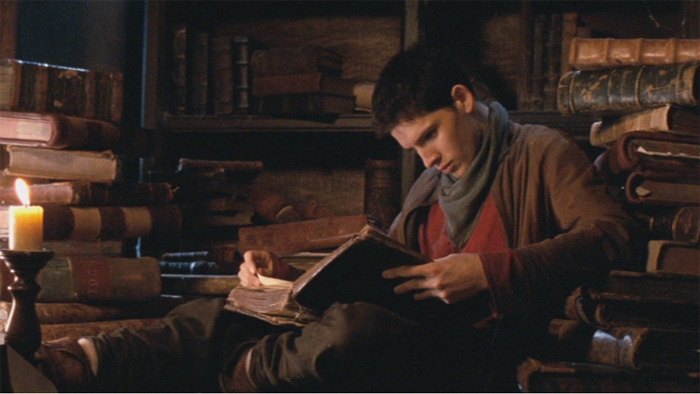Gina is Smarter than I am..... and she proves it ....again
Deleted Scenes from a
Gatsby Review
One thing a movie reviewer quickly learns is that, no matter
how hard she tries, she can never get everything she wants to say about a movie
into one review. However, I caught a
break with my last review. When I reviewed
the new Great Gatsby film for BreakPoint.org, Rachel was kind enough to
offer me this space to share any leftover thoughts I might have on the film.
And so I present “Gina’s Gatsby Review: The Deleted
Scenes.”
The Music
I had a bit of a tough time making up my mind about the
music. Fact is, I’m old-school; if I were in charge, I’d have gone with George
Gershwin and Cole Porter. But I understand the raw, modern effect that Baz
Luhrmann was going for, and I have to say he pulled it off pretty well (even
though I nearly had to bang my head against the wall before I could get “Young
and Beautiful” out of it). And I appreciate that he at least managed to work in
a few authentic tunes of the period.
Not that I didn’t giggle at some of the ways he used them.
Like hitting the crescendo in Rhapsody in Blue just as we were
introduced to the title character. It was like, “Fireworks! Gershwin! GATSBY!”
It was completely over-the-top—but then, as I did point out in my review, the
story is over-the-top and the character is over-the-top. So Luhrmann’s
over-the-topness is a good fit. (Though the room full of billowing curtains was
a little much. I’m pretty sure that, in Fitzgerald’s vision, the living
room was supposed to look like a living room, not a Victoria’s Secret ad that
got out of control.)
The Acting
Honestly, I’ve never been much of a Leo fan. When all the
other teenage girls around me were sobbing over the end of Titanic, I
was yawning and looking at my watch. But he’s come a long way since then. And
the part of Gatsby, the eternal golden boy, fits him like a glove.
Tobey Maguire was adequate—though I think he’s a pretty good
actor in general, I didn’t find anything particularly special about his Nick.
It seemed to me he went a little too much with the “drifter” side of Nick, and
not quite enough with the sharp-eyed observer side, though he may have simply
been following director’s orders.
However, the women—Carey Mulligan as Daisy, Elizabeth
Debicki as Jordan, and Isla Fisher as Myrtle—all nailed it. Mulligan fully
inhabited the beautiful, fragile, shallow Daisy in a way that both attracted
and repelled. You could grasp that she’d been hurt and that she was now fully
focused on protecting herself at all (and I do mean all) costs, which gave her
Daisy just that slight amount of appeal and sympathy needed to keep you from
throwing your drink at her. And Debicki, though she didn’t have nearly enough
to do, was perfect; she gave the part a hard, cynical, bright-eyed gloss that
was quintessentially Fitzgerald. I think and hope that this truly was a
breakout role for her, and that we’ll be seeing much more of her in the future.
The Frame Story
One particularly controversial aspect of the film was the
framing device that it added: Nick in a sanitarium, telling this story to his
doctor. Luhrmann had explained
his reasons for doing this—mainly, to give a plausible reason for Nick to be
telling it in the first place—but while they’re valid reasons, I still could
have done without the device.
In the first place, as others have pointed out, we have a
man who tells us that he’s only been drunk twice in his life, being treated for
morbid alcoholism. Whoops. It would be one thing if Nick were a pathological
liar, but I don’t think that’s the impression we’re supposed to get.
And in the second place, the frame story just seemed to
obtrude too much on the main story. A
little bit of narration would have been great—nothing wrong with keeping some
of that beautiful Fitzgerald phraseology—but making a big deal out of the
narration and why it was there was just a drag, especially when the frame story
didn’t really seem to go anywhere. (And why does narration have to be explained
anyway? Literature and films are both full of stories that are narrated just
because the author or director wanted them to have a narrator.)
Both Nick’s narration and his Gatsby fixation needed to be
downplayed a little, instead of overemphasized as they were. They nearly took
Nick from disillusioned-observer territory into creepy-stalker territory.
By the way, what was up with actually printing words on the
screen at certain points? Is this a new trend now? Because this is the second
movie in recent months in which I’ve seen it happen. Dear Hollywood: If this is
a trend, it needs to stop being a trend now, okay? Thanks.
On the whole, I thought the adaptation was beautifully done,
so I’m not nitpicking. These are just a few stray thoughts about how it could
have been even more beautifully done than it was.




















